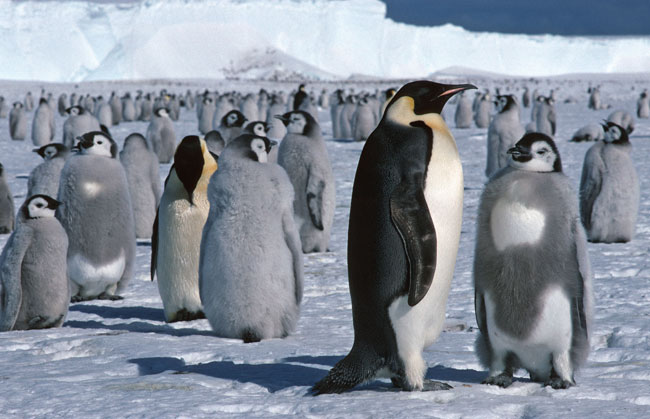
Are Any Animals Monogamous?

Monogamy is a rare bird in the animal kingdom, but some creatures do stay faithful forever.
It seems most of these couples stay together for the kids.
Sometimes offspring take a lot more care than can be provided by the mother alone , said Marlene Zuk, an evolutionary biologist at the University of California at Riverside. Like humans, some animals need investment from both parents. The offspring are going to be helpless for a long time and it's advantageous to coordinate care.
Only 3 to 5 percent of the 5,000 species of mammals bond for life, including otters, beavers and wolves. When only primate species are considered, the rate is slightly higher 6 percent of the 300 primate species in the world, including gibbons, are considered monogamists.
What about humans? Zuk said we're serial monogamists.
Certainly compared to lots of other animals we're pretty monogamous.
Here are a few other noteworthy monogamists:
Sign up for the Live Science daily newsletter now
Get the world’s most fascinating discoveries delivered straight to your inbox.
- Bald eagles mate for life. They display their commitment with flying acrobatic stunts.
- The male prairie vole (a small rodent) will only mate with the female to which he loses his virginity. After that, female voles beware. Males will attack any female that's not his first.
- Black vultures don't tolerate promiscuity. They will attack any vultures caught philandering.
- If male red-backed salamanders suspect their partner is cheating, they'll physically and sexually harass the females.
- Although the African antelopes known as "Kirk's dik-diks" have permanent pair bonds, the males don't help with parenting.
- Emperor penguins have a reputation for sticking by their partner, but in reality they practice annual monogamy. After every winter, they go in search of new mates.
Got a question? Email it to Life's Little Mysteries and we'll try to answer it. Due to the volume of questions, we unfortunately can't reply individually, but we will publish answers to the most intriguing questions, so check back soon.










